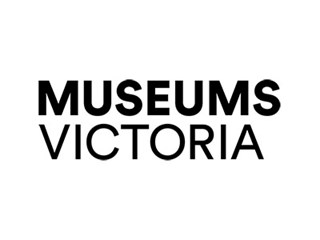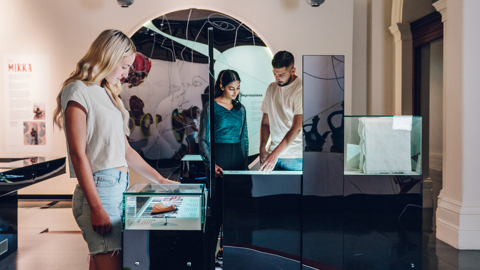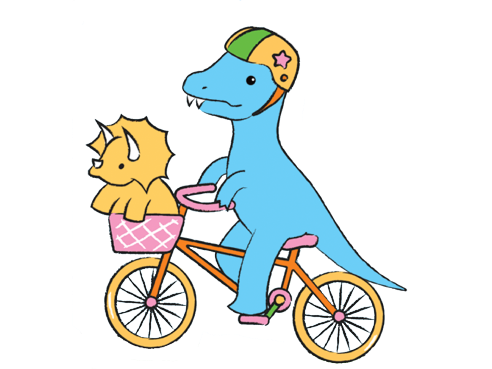
Student Climate Commons
- What
- Museum Staff-led
- When
- Term 4, Friday 14 November 10:30am to 2pm
- Duration
- 3.5 hours
Curriculum links & Accessibility & Access Fund - Year level
- Years 8 to 12
- Maximum student numbers
- Maximum 200 students
- Cost
- Free – Fully funded by VicHealth
- Booking information
- Bookings 13 11 02
In this FREE three-hour event, Year 8 to 11 students will explore the current impacts of climate change and biodiversity loss, and the inspiring ways young people are leading the charge toward resilience and action.
Through interactive group activities across the museum and engaging discussions, students will deepen their understanding of how climate change is affecting communities and ecosystems today. They’ll also hear from youth leaders and experts who are driving innovative solutions and community-based responses.
This event, co-designed with students, addresses a key conundrum – how to teach the critical content around climate change and its impacts while supporting young people to process the worry and grief this may evoke.
Students will leave with evidence-based information, inspiring stories, and tools to take meaningful steps in their own communities.
Students will experience
Inspiring talks by experts in biodiversity conservation and climate science.
Challenge activities across the museum, encouraging collaboration and problem solving, whilst connecting with other students.
Students will learn
- About the scientific work being undertaken to understand natural systems, conserve biodiversity and develop sustainable resource practices in multiple fields
- That worry or concern is a completely natural response to the climate crisis
- Strategies for peer support and empathetic communication when others encounter challenge or adversity
- How collective experiences can help break-down and understand complex ethical and existential challenges
Other key information
Teachers are encouraged to consider bringing any year 8 to 11 students who have been exposed to climate messaging through their schoolwork, who have a keen interest in this area, or who have expressed climate worry or distress. This event is designed to augment and support climate change understanding, to provide very necessary emotional and mental health supports.
Victorian Curriculum links
Personal and social capabilities: Level 7 and 8
- how to distinguish between productive and unproductive help-seeking and other coping strategies when responding to challenge or adversity; strategies for peer support and empathetic communication when others encounter challenge or adversity
VC2CP8S02 - strategies for improving confidence, adaptability and perseverance in response to challenges, including utilising personal strengths and appropriate coping strategies
VC2CP8S04
Personal and social capabilities: Level 9 and 10
- when and how to identify and use help-seeking and other productive coping strategies suited to different contexts; strategies for providing peer support, peer referral and empathetic communication in different contexts
VC2CP10S02 - how to identify and adapt strategies for improving confidence, adaptability and perseverance in response to challenges in different contexts, considering personal and social enablers and barriers
VC2CP10S04
Ethical capabilities: Level 7 and 8
- the meaning of and criteria associated with ethical concepts including justice, freedom, equality and non-maleficence in different contexts
VC2CE8U01 - how ethical perspectives may be individual or shared, and reasons for similarities and differences in ethical perspectives, such as similar or different values or worldviews
VC2CE8U02
Ethical capabilities: Level 9 and 10
- the distinction between ethical and legal, and the distinction, connection and/or tension between ethical concepts such as trust and integrity, or individual happiness and the common good, in different contexts
VC2CE10U01 - how and why ethical perspectives can be challenged and changed, such as increasing cultural diversity challenging a conception of shared expectations, and factors that support negotiating a shared ethical perspective such as respect for human rights
VC2CE10U02
Geography
Biological sciences
Earth sciences
MAJOR PARTNER
Program partners













